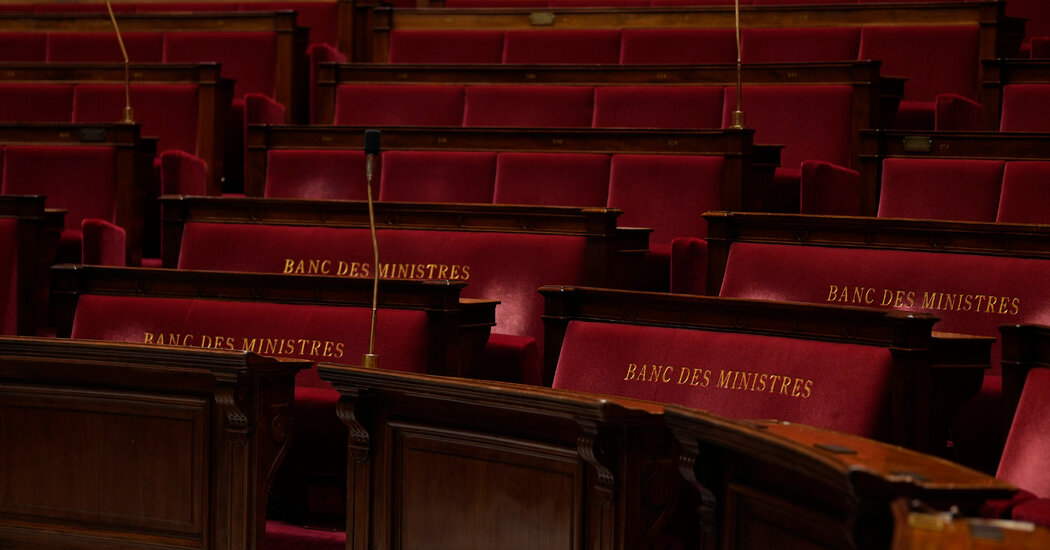France Is Headed for Disaster

Things are not going according to plan. Three weeks ago, President Emmanuel Macron of France called a snap vote hoping to regain political control after a crushing defeat in the European election. On Sunday, in the first round of voting, the far-right National Rally topped the poll and the left-wing New Popular Front coalition finished second. Mr. Macron’s Renaissance party came in a distant third.
Now, after taking about 33 percent of the vote, the far right is on course for a stunning victory in Sunday’s second round. If National Rally secures an absolute majority in the National Assembly — taking 289 seats or more — Mr. Macron will have to invite Jordan Bardella, the party’s 28-year-old leader, to form a government. Under a system of “cohabitation” with the president, National Rally would be in power, free to carry out its hard-line anti-migrant agenda. For the first time since the Vichy regime, France would be in the hands of the far right.
The more likely scenario, however, is that National Rally falls short of a majority, leaving France with a hung parliament. Things would quickly become messy. As the biggest party, National Rally would still try to gather the support of other parties to pass legislation — but no one, perhaps besides a few defecting deputies from the right-wing Republicans, will want to enable the far right to govern. With a weakened Mr. Macron atop a fractious and uncooperative assembly, France would enter a profound political crisis with no remedy in sight.
In the event of a hung parliament, Mr. Macron would have very few options. No modern French president has faced a situation of such political and institutional blockage. His only option would be to attempt to bring about a so-called national unity government, comprising deputies from Renaissance, the Republicans and possibly some moderate deputies from the New Popular Front. But it’s doubtful that such an opportunistic gathering would reach a majority.
If the numbers are there, who would be prime minister? It would have to be a political figure who can work with the center left, the center right and the right. This sort of consensus personality is in short supply in French politics today. In any case, this would only be a temporary solution. Caretaker governments have little political legitimacy and cannot achieve much apart from passing budgets to keep the economy afloat. After a year — the earliest, constitutionally, the president can reuse his dissolution power — Mr. Macron would almost certainly have to dissolve the assembly and call another election. We’d be back to square one, though in an even more volatile environment.
All in all, the prospects for a national unity government do not look good. Although on Sunday Mr. Macron called for a “great democratic and republican union” to defeat National Rally, he has spent more time remonstrating with the left than with the far right: a surprising sense of priorities, one might think. By rejecting what he calls the “two extremes,” he hopes to lure back center-left voters to his centrist coalition. But Mr. Macron is deeply unpopular. By arguing that the left represents as much of a threat as the far right, he might also dissuade centrist voters from casting their votes for New Popular Front candidates in runoffs against National Rally candidates. Their abstention may facilitate the election of more far-right deputies.
